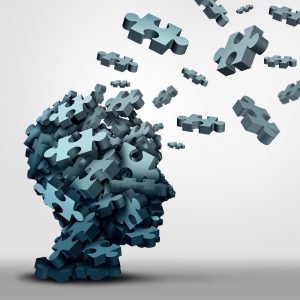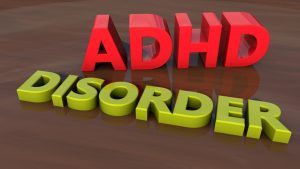Children with any mental or learning disorder can be difficult to raise and teach. Parents have specially many issues with children with ADHD. ADHD can be a challenging disorder for children that creates improper behaviors that can be challenging for parents to control. Whether at home, school or in public, ADHD can cause issues with behavior.

The article, “What it’s like parenting with ADHD symptoms: ‘It felt like my head was going to explode’” by Ralinda Harvey-Smith looks at how parents can become highly stressed when dealing with their children who have ADHD. The article states,
“Millions of adults suffer from ADHD, and although those with a hyperactive-impulsive presentation are often diagnosed as children, those withpredominantly inattentive symptoms — such as difficulty focusing, paying attention to details, lack of organization, forgetfulness and trouble finishing tasks — can go undiagnosed, according to Cleveland Clinic. That can be troublesome for women and girls, whose inattentive symptoms might not stand out and who can better mask their symptoms than males.”
To read the entire article, please click here
Please also review AIHCP’s ADHD Consulting Training and see if it matches your academic and professional goals. Qualified professionals can earn a four year certification in ADHD Consulting Training by taking the required online and independent courses.









